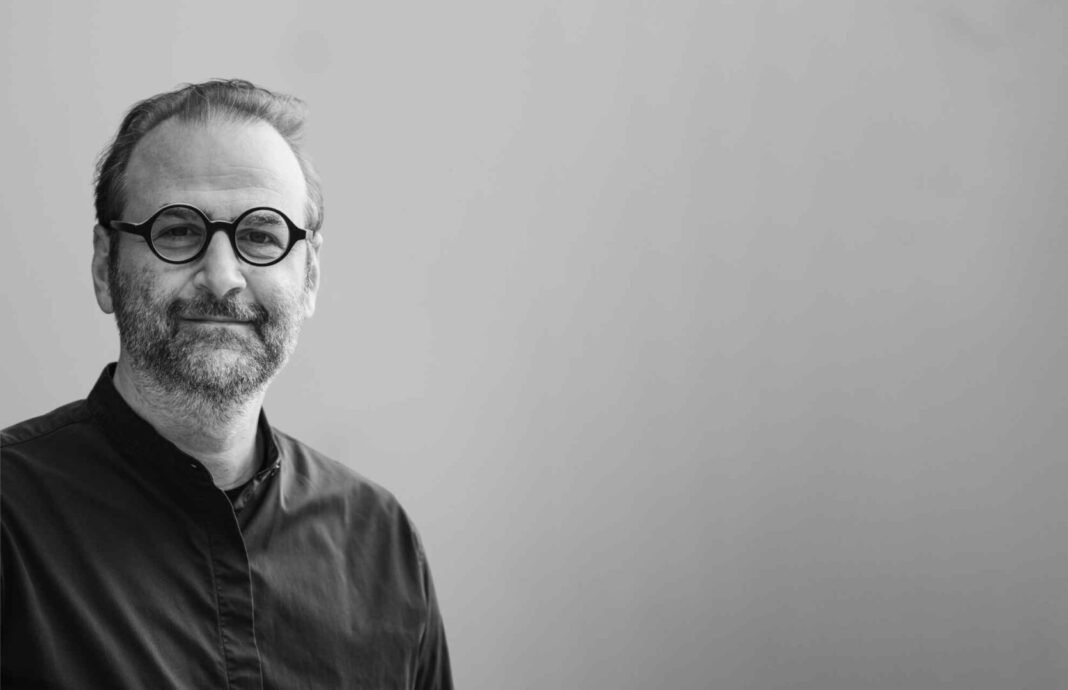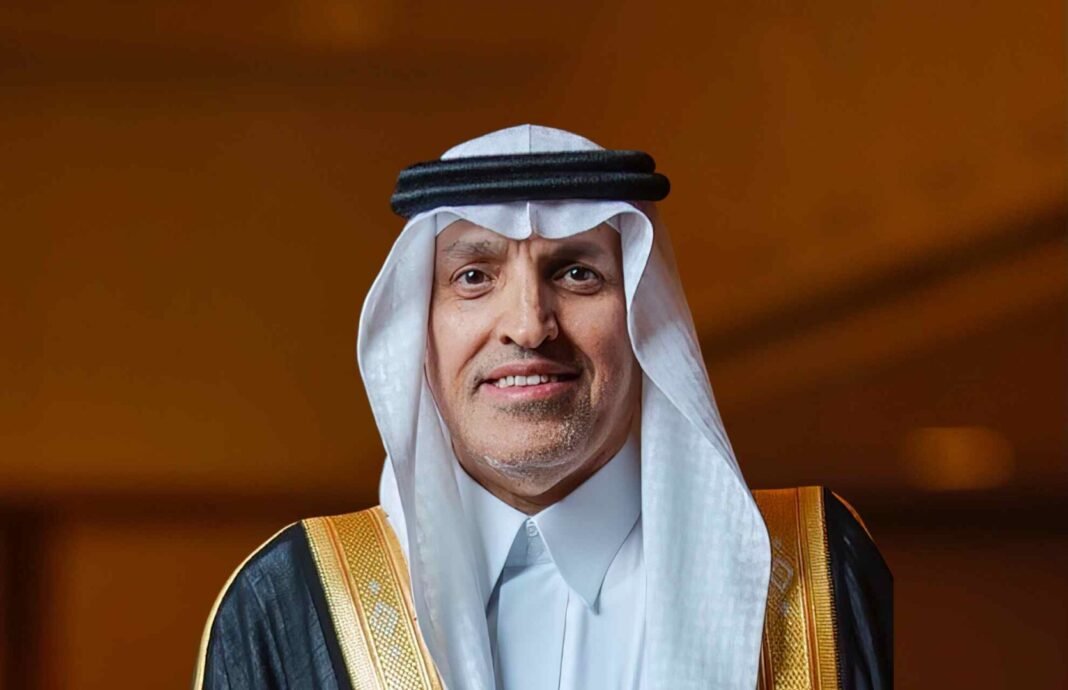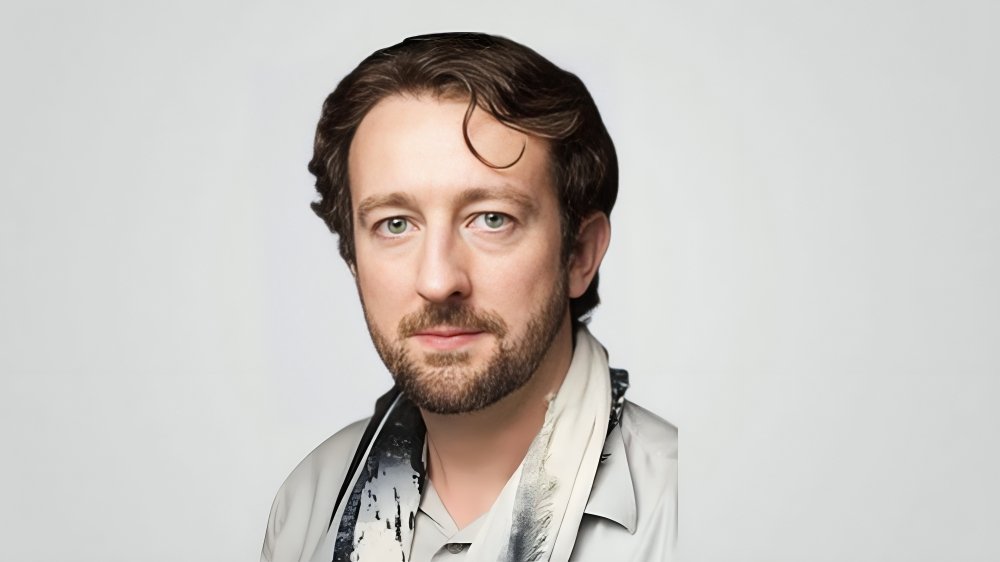Dubai and Tokyo offer contrasting perspectives on the built and natural environments. With its futuristic skyline and sprawling deserts, Dubai epitomizes rapid urban development and luxury living. In contrast, Tokyo blends ancient traditions with cutting-edge technology, creating a harmonious coexistence between nature and urbanization. Both cities illustrate unique approaches to living and working, offering valuable insights into our relationship with the world around us. The establishment of waiwai, an architectural, landscape, urban, interior, and graphic design studio, led by Wael Al Awar and Kazuma Yamao, was a strategic move rooted in ideas of living in each city and relying on the careful, attentive eye of the outsider for a broader view. The studio’s strength revolves around taking a highly contextual approach to address social, environmental, and technological questions through design.
Launched in 2009, the studio has worked on a range of elegant cultural projects, including the Jameel Arts Centre and Hai d3 in Dubai, CICOL and Otaru Harbor Café in Japan, Jeddah’s Hayy Jameel, and Wetland at the National Pavilion of the UAE, which was awarded the Golden Lion at the Venice Architecture Biennale in 2021. “Our research focuses on the climate crisis and strategies of design and materials that can form a new vocabulary that responds to cultural context and environmental urgency. By studying and aligning with natural phenomena, we seek to create an architecture that remains open to adaptation, to create site-specific provocations that encourage unexpected experiences and activities,” says Wael Al Awar, Founding Partner and Principal Architect, and representative of waiwai’s Dubai office.
The Wow Factors
Waiwai’s work speaks far beyond words. The studio’s portfolio encompasses master plans, adaptive reuse of former industrial sites, residential buildings, museums and temporary pavilions, and spaces for community gatherings. A few of the company’s recent works include Hayy Jameel, the first of its kind, a mixed-use arts center in Jeddah, Saudi Arabia, featuring a central courtyard as its architectural and programmatic heart and surrounded by terraces. Located in the residential area of Kokubunji, Tokyo, the Dimora Rossa multi-unit housing maintains a distance from the immediate urban fabric while encouraging proximity and interaction among residents in the interior. The Mosque of Reflection in Dubai integrates community use within a traditional sacred space. Abu Dhabi’s Mina Zayed is transforming into a human-scale, culturally vibrant district with flexible spaces for various uses.
waiwai’s unparalleled expertise lies in investing in cutting-edge technologies and embracing sustainable practices in design. At the 17th International Architecture Exhibition—La Biennale di Venezia in 2021, their innovative exhibition called Wetland showcased a prototype using a salt-based alternative to Portland cement, a source of CO2 emissions. This prototype, made from wastewater brine produced by desalination in the Gulf, demonstrated a viable, scalable substitute. Based on this, a second prototype is being developed with Miniwiz, using recycled plastic bottles and wastewater brine reinforced with palm fiber, to be presented at the Abu Dhabi Biennale, showcasing sustainable architectural solutions.
Fostering Creativity & Collaboration
At waiwai, fostering creativity and collaboration is integral to architectural practice. Every team member plays a crucial part in designing and delivering projects, creating a collaborative work milieu where multiple perspectives converge. With offices in Dubai and Tokyo, the studio works as one, tapping into the varied know-how and insights from both places. This unique setup has been a cornerstone of its identity and approach since its inception. Waiwai’s dedicated research and design agency has given it a distinctive voice in the industry. “Our projects, like Wetland, allow us to explore and refine our ideas, ensuring a deep understanding of issues like circular economy, local materials, and energy efficiency. This research-driven approach informs all our work, helping us develop designs tailored to specific local conditions and avoid generic solutions,” adds Kazuma Yamao, Founding Partner and Principal Architect, and representative of the Tokyo office.
What’s Next
Waiwai is currently involved in several exciting collaborations. The studio has a premier partnership with the Uzbekistan Art and Culture Development Foundation to work on a project in Bukhara. This project aims to balance historic restoration with new construction. Additionally, the company is teaming up with Miniwiz for the Abu Dhabi Biennale, which focuses on sustainable alternatives to Portland cement, highlighting its commitment to innovative, eco-friendly solutions. With several other plans in the pipeline, waiwai envisions expanding into new global markets, aligning its projects with its core values and expertise. The studio’s ongoing work in Saudi Arabia and Uzbekistan has spurred strategic growth, and it remains anchored in the UAE, contributing to its architectural landscape through community-focused and environmentally sensitive designs.






